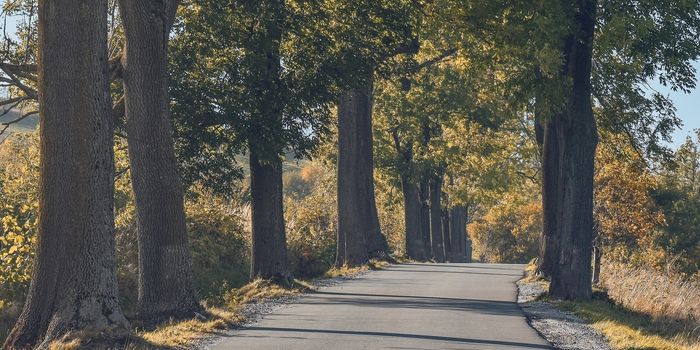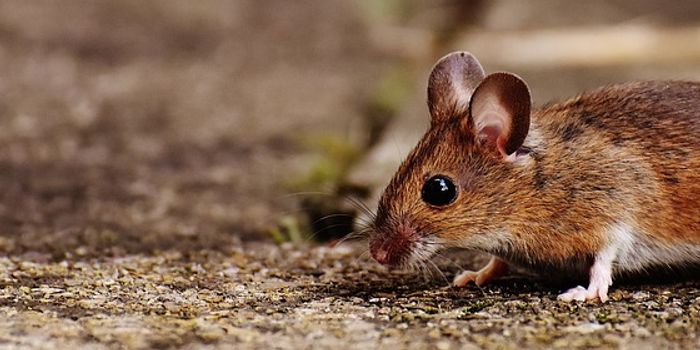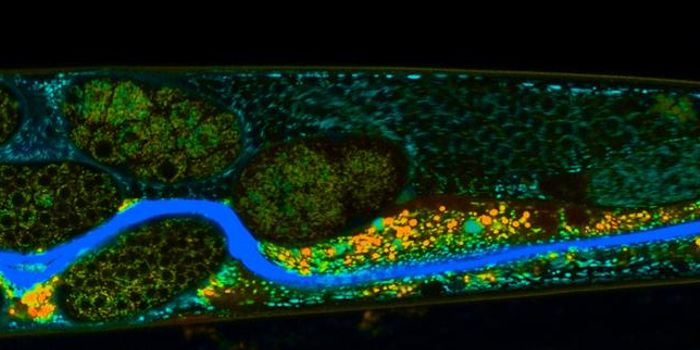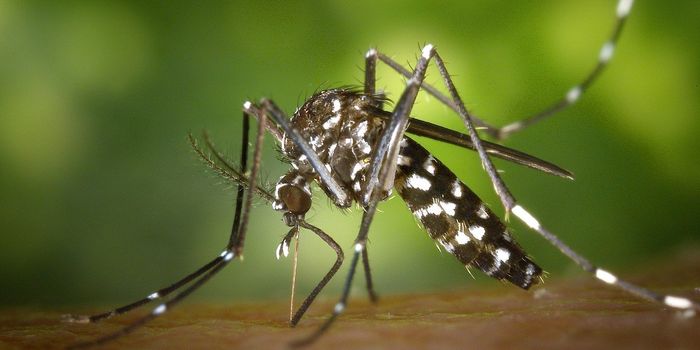500 Sheep Employed to 'Munch' on Undergrowth in Madrid-Based Park
Casa de Campo is the largest public park in Spain’s beautiful capital of Madrid, and many visitors have taken notice of the excessive growth of shrubs and other small plants that fill the large gaps beneath the treetops.
In most cases, excessive greenery wouldn’t be an issue; but in a public park like that of Casa de Campo, the dense undergrowth purportedly increases the propensity for wildfires, and that’s a big no-no.
Image Credit: Pixabay
To help combat the issue, Casa de Campo has just recently employed a flock of more than 500 sheep to munch on the undergrowth. Park manager Beatriz Garcia San Gabino explains that it’s a better option than hiring forest management crews because the sheep are more environmentally-friendly than emission-producing woodchipper machines.
"It's a very efficient method to prevent wildfires in a much more natural way," she elucidated. "Instead of clearing scrub with machines, you use sheep which don't consume fuel and don't erode or contaminate the soil."
Related: Sheep invade Spanish city after herder falls asleep
As a matter of fact, the sheep do just the opposite of ‘eroding or contaminating’ the soil – they fertilize it!
With more than 500 sheep grazing the park’s acreage, they’re sure to leave a few droppings behind here and there, and those later break down into the soil. The animals’ munching habits also spread plant seeds throughout the landscape, so one might even refer to the sheep as an army of autonomous planters.
The flock of sheep is comprised of a multitude of different breeds, including Rubia del molar, which is native to Madrid and currently faces a genuine threat of extinction. The flock is allegedly monitored around the clock by one of two shepherds to ensure that none of the sheep veer off-course.
"Everyone approaches then, a lot of people understand the work that the sheep do in the park, to clean and reap the grass," said Alvaro Martin, one of the shepherds that watches over the flock. "Children approach them immediately and ask 'can I touch them?'."
Related: Sheep can recognize human faces, study finds
It would appear that the locals have become somewhat fond of the park’s undergrowth munchers. They’ll be around for a few more months to help groom the park’s greenery and then return home as the temperatures shift in accordance with the seasons.
It’s always nice to see significant parks taking more natural approaches to their timely upkeep. With that in mind, wouldn’t it be nice if the rest of the world took notice and followed suit?









